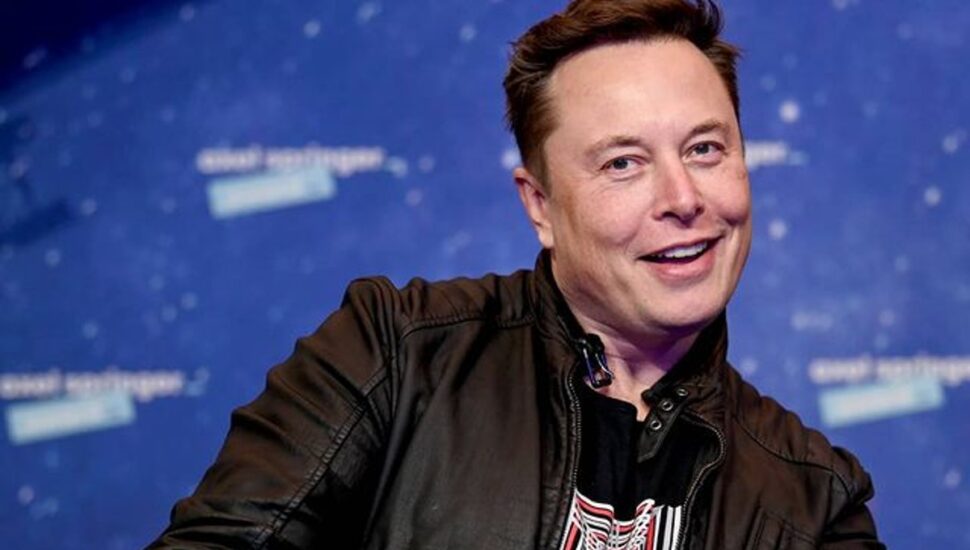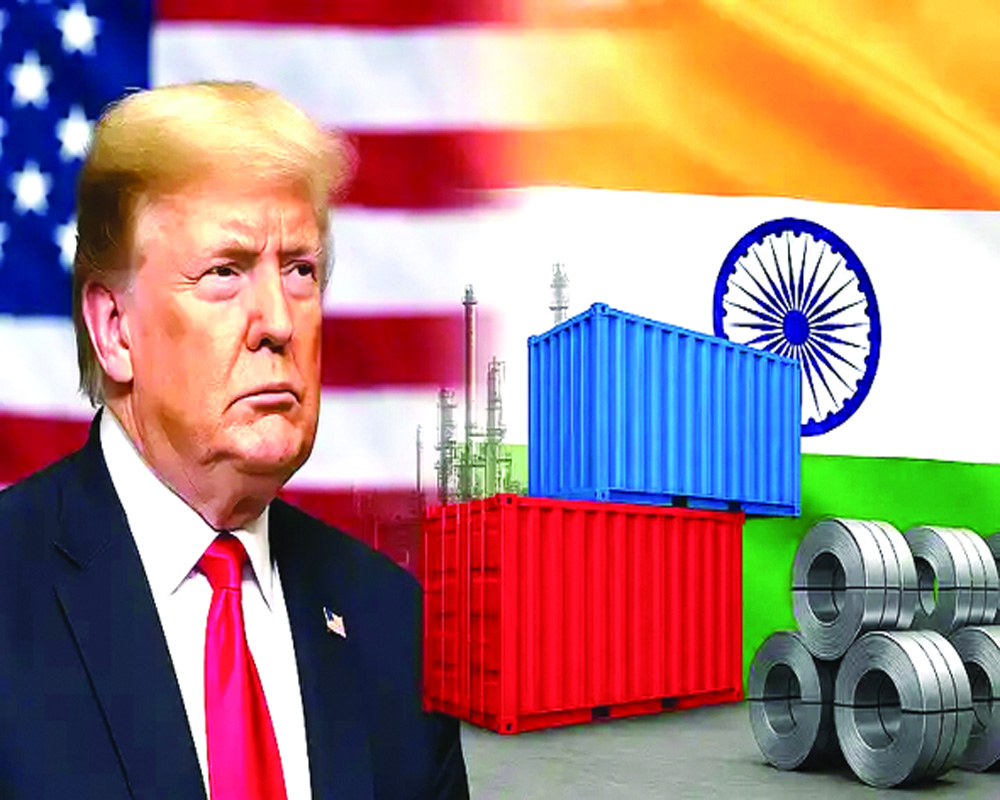During the UK's AI Safety Summit, Tesla CEO Elon Musk conveyed his belief that artificial intelligence (AI) would eventually render all jobs obsolete, introducing what he called a "universal high income." Musk suggested that there would come a point in the future where no employment would be necessary, and AI would be capable of performing all tasks. He acknowledged that individuals could still choose to work for personal satisfaction, but AI would have the capacity to handle all responsibilities.
This isn't the first time Musk has made unsettling predictions about AI's potential, and he openly wondered whether such a prospect would be comforting or disconcerting for people. He envisaged a future where AI would act as a "magic genie" accessible to all, providing answers to any question and serving as a valuable educational tool. Musk also emphasized that there would be an abundance of goods and services in this AI-driven era, virtually eliminating scarcity.
Notably, other tech leaders like OpenAI's CEO Sam Altman and Mark Zuckerberg have advocated similar ideas, emphasizing the potential for AI to create economic equality and a "universal high income." This concept differs from universal basic income (UBI), where residents receive a standard government payment regardless of their employment status. Instead, Musk envisions AI taking over jobs but ultimately benefiting society with this universal high income, a vision of a future where AI becomes an economic equalizer and a source of abundance for all.








 OpinionExpress.In
OpinionExpress.In















Comments (0)